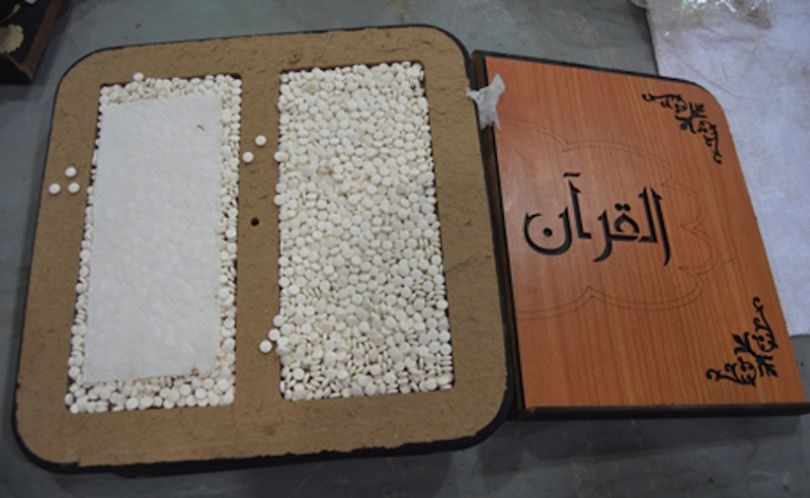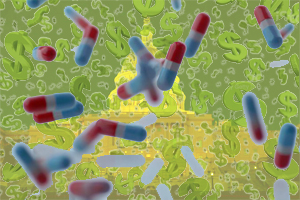I first wrote about the widespread use of Captagon, a psychostimulant, in 2016 — in particular, its popularity in Middle Eastern countries. It was a problem then, and it seems as if things have only gotten worse.
Now comes an update from the Associated Press on the active involvement of certain Middle Eastern governments in the Captagon trade.
A little white pill, Captagon, gives Syria’s Assad a strong tool in winning over Arab states
Apparently, Syria remains the source for most of the Captagon that currently circulates in the region. Syrian dictator Bashar al-Assad is taking full advantage of his grip on the Captagon supply– not only for personal profit, but to use politically, as leverage with neighboring governments.
Amphetamines have long played a key role in politics around the world, especially during times of conflict. They’re cheap and easy to make, even in a home lab, and always popular with users. Not just on the streets, either. There’s a thriving trade in workplaces and schools.
That’s true for other amphetamines here in the US. Take Adderall, the ADHD med (also an amphetamine). A friend asked his teenage son if amphetamine use was common among students at the college he attended.
“No,” the student snapped back, then hesitated. “Wait, does Adderall count?” Sure does, his Dad replied.
“Well, then, I guess it’s pretty common.” More hesitation. “Actually, it’s like, uh, everywhere.”
You may have read about heavy amphetamine use among the members of Hitler’s inner circle during World War II. At the time it was primarily in the form of Pervitin. Use of Pervitin along with Eukodal, an opioid, was a very early example of the practice known that came to be known as speedballing.
Less has been written about amphetamine use in Japan during the same period. There, it went under a name that translated to “the drug to inspire fighting.” Allegedly, kamikaze suicide pilots loaded up on amphetamines to bolster their courage.
If you’re interested in the history, here’s something for you:
For Workers and Soldiers, Taking Methamphetamine Was a Patriotic Duty That Hooked a Generation
Today, the making and distributing of Captagon pills accounts for 90% or more of the foreign currency in Syrian government coffers, and $57 billion in annual revenue– far beyond the scope of Mexican cartels. “People in the Middle East eat that stuff like breath mints,” remarked one Western journalist. “It helped me understand why they’re always yelling at one another in the street.”
Captagon sales are popular on the black market, in spite of the Syrian government’s complicity, so fake pills abound. That includes lookalikes that contain another stimulant, such as caffeine. The fakes are largely indistinguishable from the real thing, but they can be sold for less.
I suppose we can hope Captagon doesn’t work its way Westward to the US. We already have enough problems of our own,













